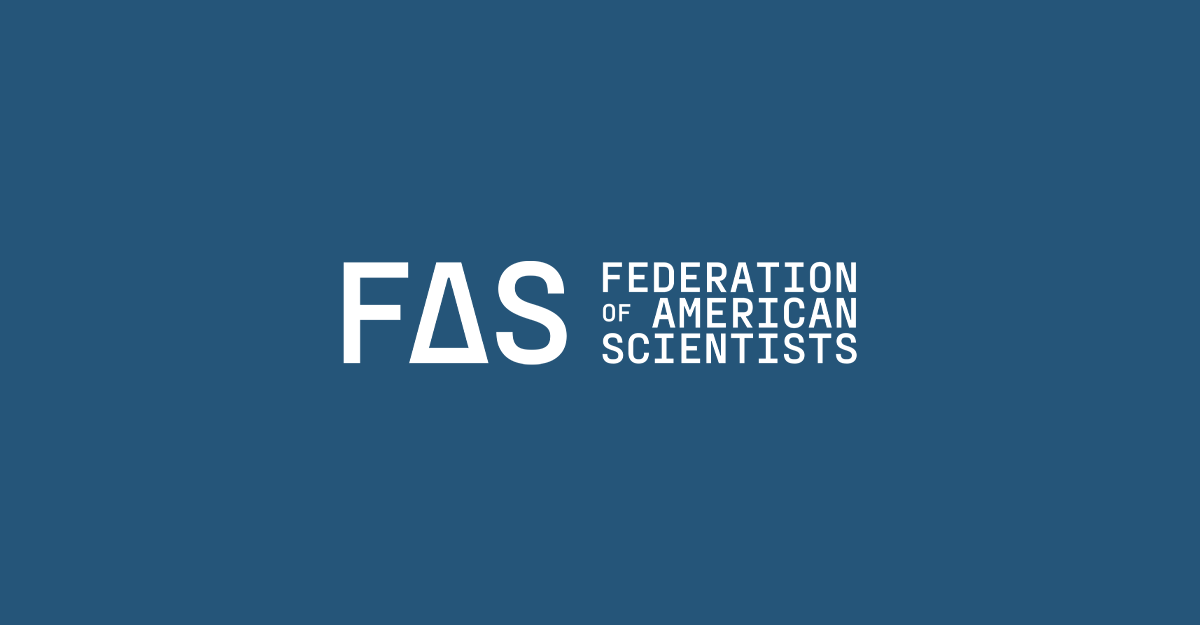
Position on the Re-Introduction of the Modernizing Wildfire Safety and Prevention Act of 2025
The Federation of American Scientists strongly supports the Modernizing Wildfire Safety and Prevention Act of 2025.
The Modernizing Wildfire Safety and Prevention Act would combat firefighter shortages by establishing a new Middle Fire Leaders Academy and grant programs to train and hire more firefighters and retain expert wildland firefighters with increased benefits and better working conditions. The bill would establish the Joint Office of the Fire Environment Center to improve fire response time with updated technology like developing risk maps and establishing. Lastly, it would address the public health crisis caused by wildfire smoke by establishing a nationwide real-time air quality monitoring and alert system.
“As the wildfire crisis continues to grow in size and severity, our solutions must be ambitious to meet the moment. The Wildland Fire Mitigation and Management Commission developed 148 non-partisan policy recommendations to tackle this crisis and the Modernizing Wildfire Safety and Prevention Act is a bold and bipartisan package that incorporates a number of the Commission’s recommendations.” said Daniel Correa, Chief Executive Officer of the Federation of American Scientists. “Rep. Harder, Rep. Franklin and Rep. Neguse have put forth a multi-pronged innovative approach to tackle the wildfire crisis. In particular, the creation of the Fire Environment Center is a game changer for land and fuels management, community risk reduction, fire management and response.”
For more information contact James Campbell, Wildfire Policy Specialist, at jcampbell@fas.org.
FAS is launching the Center for Regulatory Ingenuity (CRI) to build a new, transpartisan vision of government that works – that has the capacity to achieve ambitious goals while adeptly responding to people’s basic needs.
This runs counter to public opinion: 4 in 5 of all Americans, across party lines, want to see the government take stronger climate action.
Cities need to rapidly become compact, efficient, electrified, and nature‑rich urban ecosystems where we take better care of each other and avoid locking in more sprawl and fossil‑fuel dependence.
Hurricanes cause around 24 deaths per storm – but the longer-term consequences kill thousands more. With extreme weather events becoming ever-more common, there is a national and moral imperative to rethink not just who responds to disasters, but for how long and to what end.